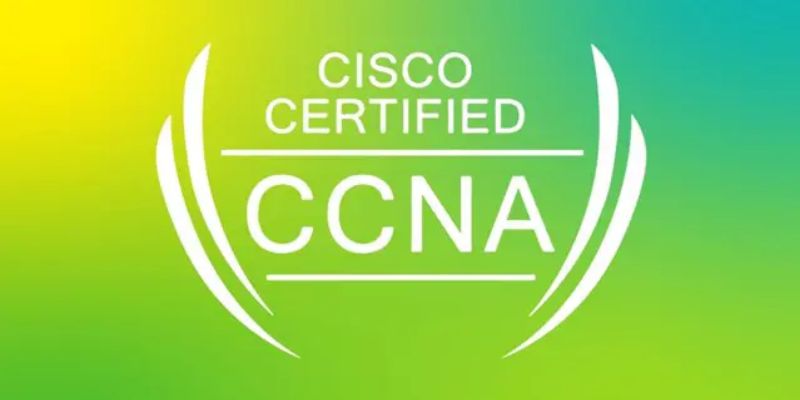
Introduction
Obtaining the Cisco Certified Network Associate (CCNA) certification is vital for anyone who wants to pursue a career in networking. Whether you’re a seasoned IT professional looking to enhance your skills or a newcomer aiming to break into the industry, mastering the basics is essential for success in the CCNA certification exam. In this blog post, we’ll explore the foundational concepts and key areas that aspiring CCNA candidates should be Mastering the Basics for CCNA Certification. If you’re seeking comprehensive training, consider enrolling in a reputable CCNA Course in Chennai to receive expert guidance and support tailored to your learning needs.
Understanding Networking Fundamentals
At the core of the CCNA certification lies a deep understanding of networking fundamentals. This includes grasping concepts such as the OSI model, TCP/IP protocol suite, subnetting, and basic network topologies.
-
Router and Switch Configuration
A significant portion of the CCNA exam focuses on router and switch configuration. Candidates should familiarize themselves with Cisco IOS (Internetwork Operating System) commands, configuration modes, and basic device management tasks. Understanding how to configure interfaces, set up routing protocols, and implement VLANs are essential skills that can make or break your success in the exam.
-
IP Addressing and Subnetting
IP addressing and subnetting are fundamental skills that every CCNA candidate must master. This includes understanding IPv4 and IPv6 addressing schemes, subnet masks, CIDR notation, and subnetting techniques. such as VLSM (Variable Length Subnet Masking). Proficiency in these areas is crucial for effectively designing and managing IP networks, which are tested extensively in the CCNA exam. For those seeking flexible and accessible learning options, consider enrolling in CCNA Training Online at FITA Academy to gain comprehensive knowledge and practical skills from the comfort of your own home or office.
-
Routing and Switching Protocols
CCNA candidates should have a solid understanding of routing and switching protocols such as OSPF (Open Shortest Path First), EIGRP (Enhanced Interior Gateway Routing Protocol), and STP (Spanning Tree Protocol). This includes knowing how these protocols operate, their configuration parameters, and their role in network communication.
-
Network Security Fundamentals
Security is a critical aspect of modern networking, and CCNA candidates must have a foundational understanding of network security principles. This includes concepts such as access control lists (ACLs), VPNs (Virtual Private Networks), and basic security best practices. Understanding how to mitigate security threats and protect network infrastructure is essential for success in the CCNA exam.
Conclusion
The above Blog will guide you on how to Mastering the Basics for CCNA Certification. By thoroughly understanding networking fundamentals, router and switch configuration, IP addressing and subnetting, routing and switching protocols. Dedication, practice, and a clear understanding of these key areas can help you achieve CCNA certification. For individuals, seeking comprehensive training, consider enrolling in a reputable CCNA Course in Bangalore to receive expert guidance and support tailored to your learning needs.
Also Check: Benefits of Different CCNA Certification Exams
